
The country faces a critical assessment this week, as International Monetary Fund (IMF) staff engage government in a fifth programme review with US$360million of funding at stake.
The IMF mission kicks off today – Monday, September 29 to October 10, 2025 – and will evaluate the nation’s economic performance as of June 2025 under the US$3billion Extended Credit Facility (ECF) that expires in May 2026. This review represents the country’s second-to-last checkpoint before exiting IMF support after three years of financial assistance.
Approximately US$2.3billion has so far been received in disbursements since signing the programme in May 2023. A successful review will trigger the release of another US$360million in October 2025, bringing total disbursements to just under the full programme value of US$3billion.
Concerns
The assessment comes at a time when concerns linger over Ghana’s ability to maintain fiscal discipline without IMF oversight, in no small part due to precedents. International donor partners have warned that government must establish adequate safeguards to preserve economic stability once the programme ends.
IMF staff are expected to scrutinise multiple economic indicators, including inflation trends, foreign reserve sustainability and completion of government arrears audits. The mission will also examine banking sector health, particularly weak private institutions requiring fresh capital and state-owned banks facing similar recapitalisation pressures.
Revenue collection has fallen short of targets despite currency appreciation, creating challenges for meeting government’s primary surplus goal at 1.5 percent of Gross Domestic Product (GDP). Arrears have accumulated in key funding mechanisms including the National Health Insurance Levy, Ghana Education Trust Fund and Road Fund, while social spending programmes face financing gaps.
Government has implemented several reforms to satisfy IMF conditions ahead of the review. Parliament has passed new tax legislation including VAT amendments aimed at improving revenue collection and compliance. Public procurement systems have been overhauled to increase transparency and efficiency.
Authorities resolved a significant backlog of government payments from 2024, reducing fiscal imbalances that threatened programme targets. Monetary policy has been tightened to combat inflation, which exceeded programme benchmarks earlier but now shows declining trends – standing at 11.5 percent as of August 2025.
Electricity tariffs have been adjusted to improve the power sector’s financial position, while banking sector reforms have advanced with recapitalisation efforts for struggling institutions. These measures complement broader structural changes in tax administration and public financial management.
The economy has maintained growth momentum despite programme constraints, with mining, agriculture, technology and construction sectors driving expansion. The IMF has praised these reform efforts as essential for restoring macroeconomic stability, though delays occurred during the 2024 election period.
The Extended Credit Facility focuses on restoring fiscal sustainability while protecting vulnerable populations through expanded social programmes. Benefits under the LEAP cash transfer scheme have doubled and school feeding allocations have increased as part of government’s social protection commitments.
Programme objectives include strengthening domestic revenue mobilisation, improving expenditure efficiency and implementing structural reforms across the energy and cocoa sectors. The arrangement also targets inflation control through ending central bank budget financing and maintaining exchange rate flexibility to rebuild international reserves.
Ghana will undergo its final programme review in April 2026 before exiting IMF support. The outcome of this week’s assessment will largely determine whether the country can sustain economic gains while preparing for independent fiscal management after the IMF programme.
The post 5th IMF review takes off this week appeared first on The Business & Financial Times.
Read Full Story
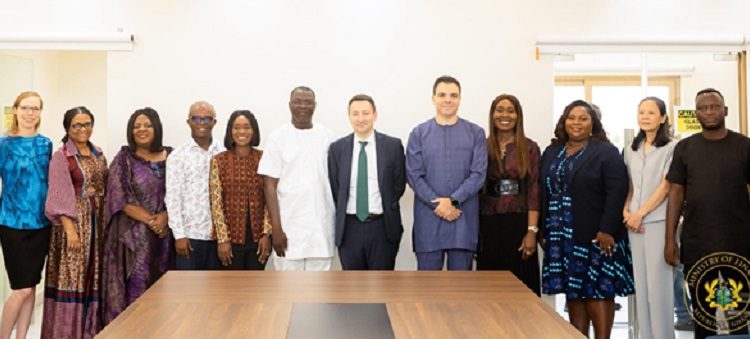

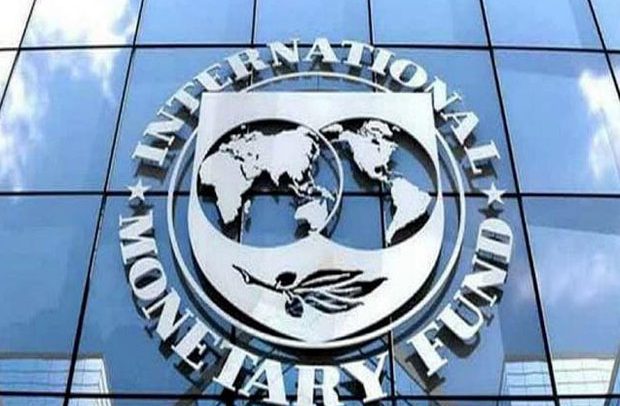


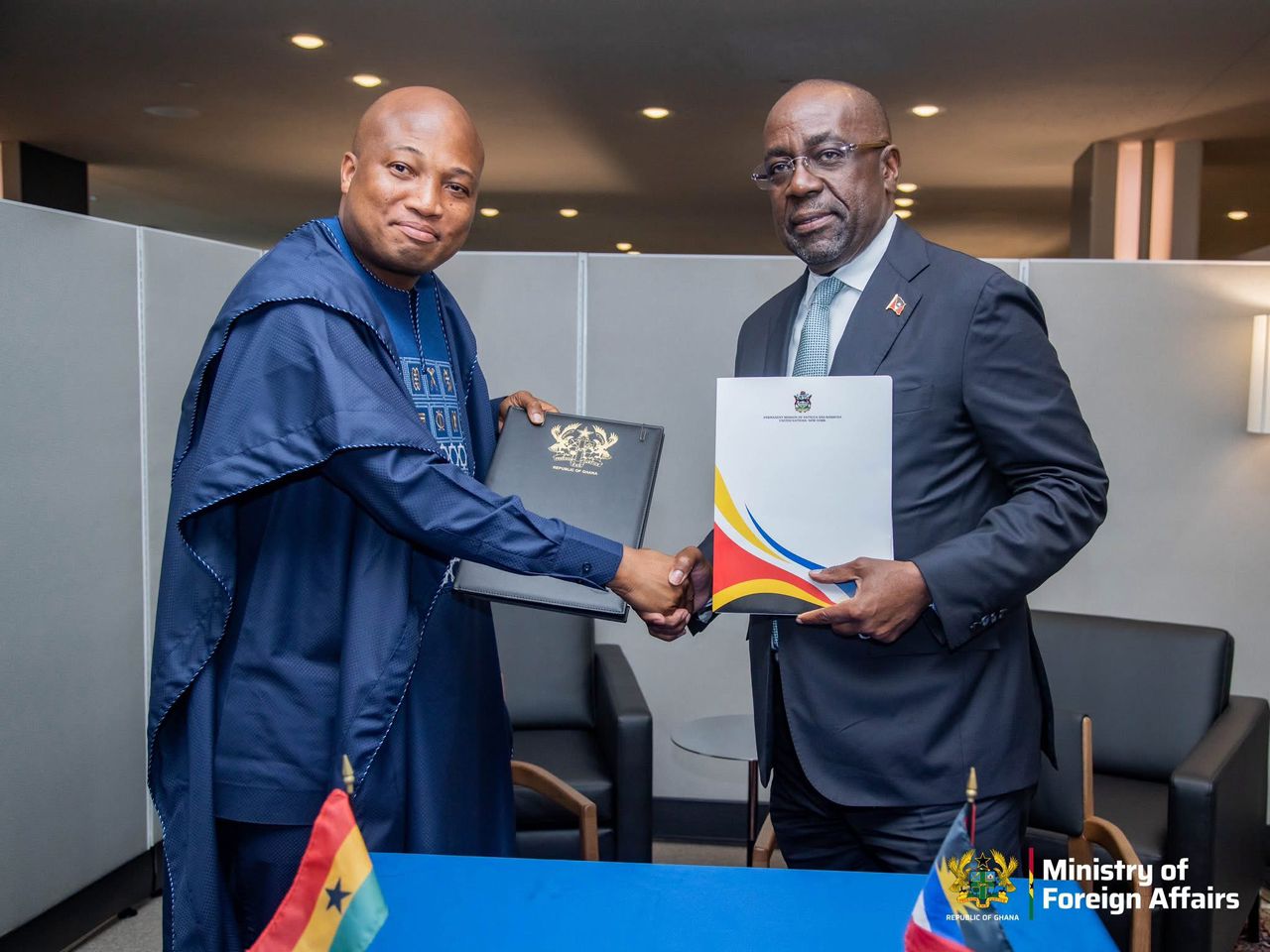
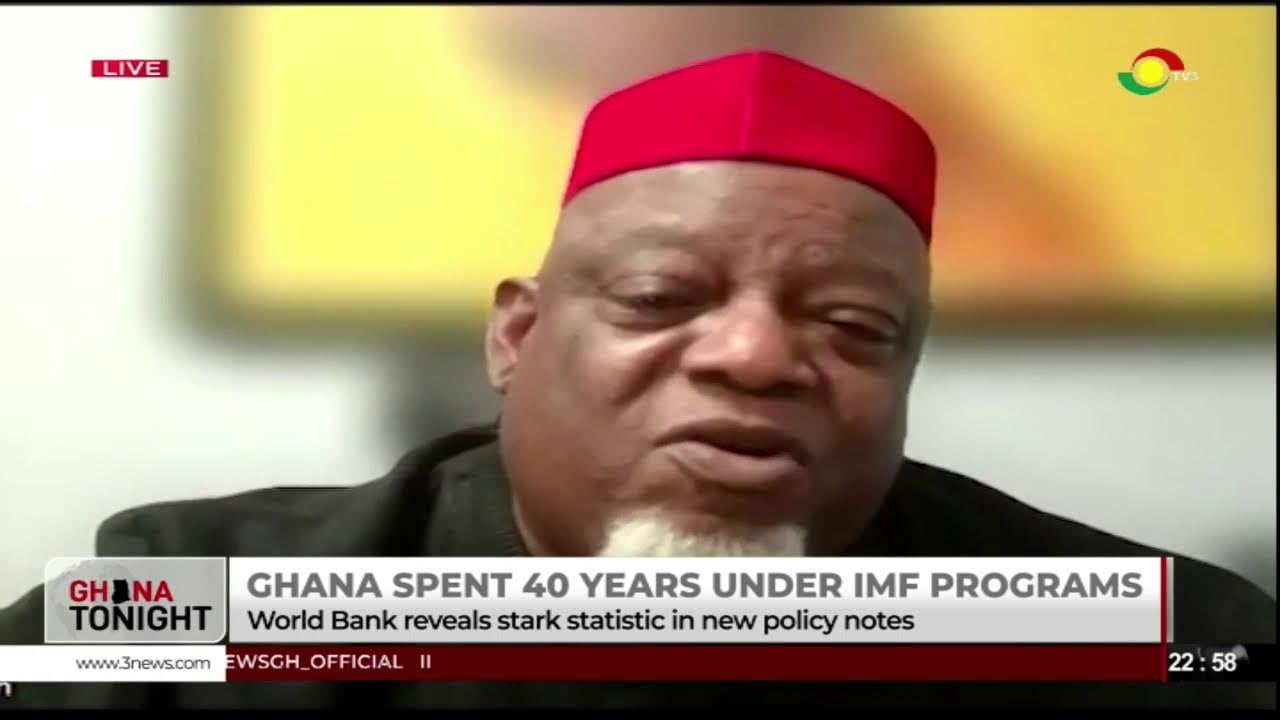

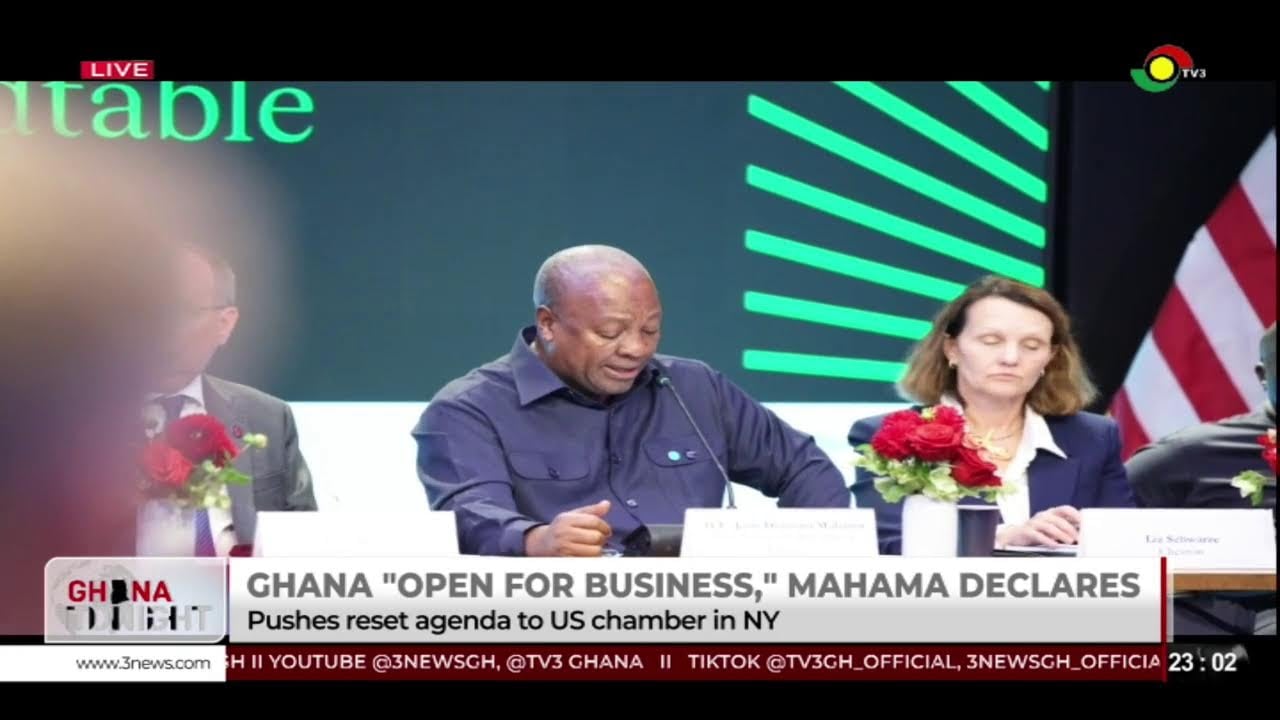













Facebook
Twitter
Pinterest
Instagram
Google+
YouTube
LinkedIn
RSS